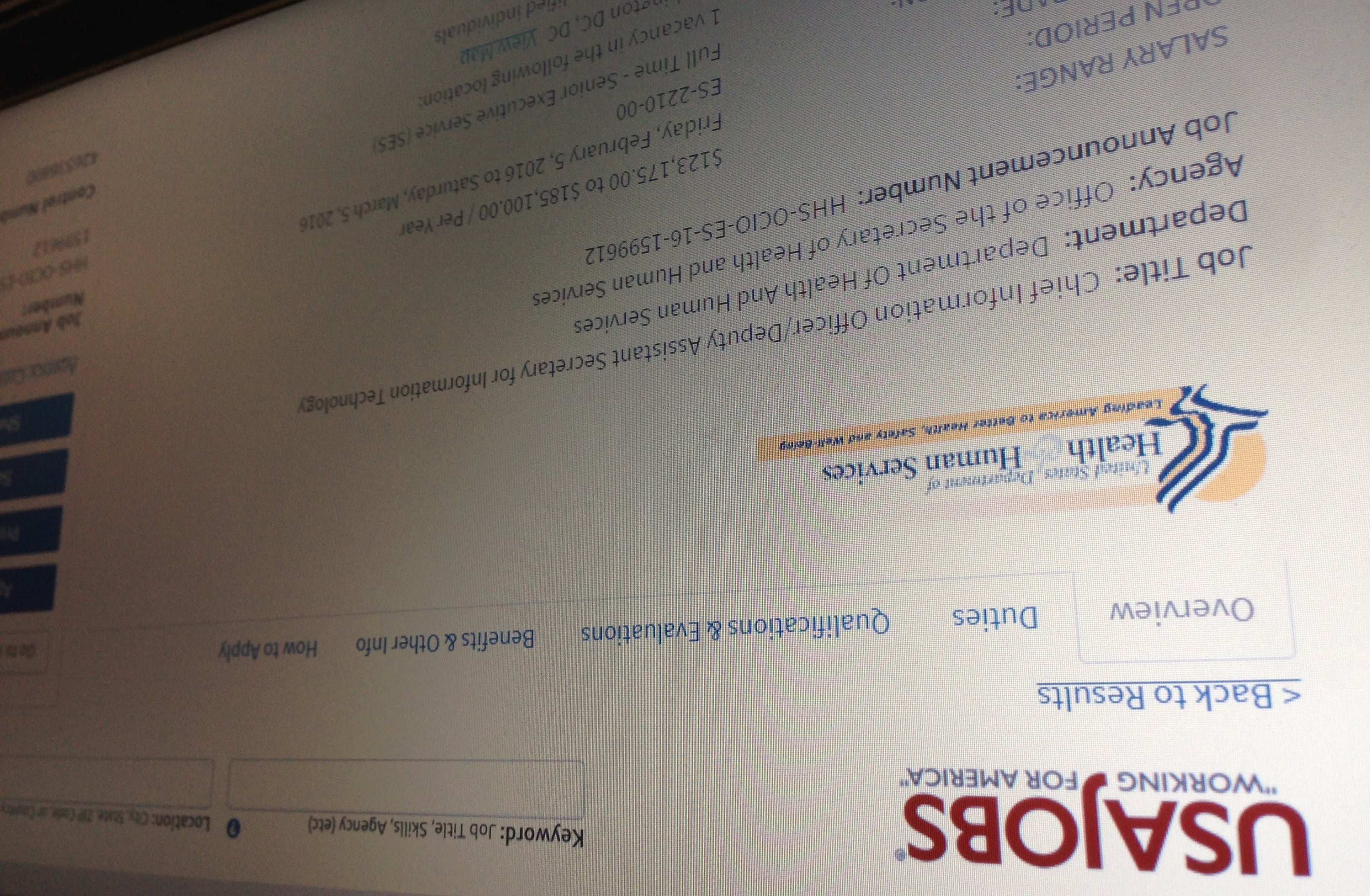Managing the IT operations for a federal agency can be simultaneously a thankless and rewarding job, as many current and former government CIOs can attest. But if you're interested in taking on the challenge, there are plenty of opportunities, especially after a recent spate of departures.
It's only Tuesday and already two CIO positions opened up at major agencies this week in the wake of two high-profile retirements.
First, early Monday, Education Department CIO Danny Harris announced he was stepping down, just weeks after a grueling three-hour hearing in front of the House Committee on Oversight and Government Reform that questioned both his ethics and his competence as an IT leader. The session left Harris both physically exhausted — he reportedly passed out just outside the chamber — and apparently mentally drained, prompting him to retire from public service.
Hours later, Donna Seymour, CIO for the Office of Personnel Management, told colleagues she would be retiring, as well, just two days before she was scheduled to appear before the same committee. Seymour had faced repeated calls for her ouster from Committee Chairman Rep. Jason Chaffetz, R-Utah, and others for her role in the massive breach of OPM networks announced last June.
These announcements followed on the heels of the head of Homeland Security's Computer Emergency Readiness Team (US-CERT), Ann Barron-DiCamillo, saying she was leaving government late last week. Barron-DiCamillo wasn't facing the harsh scrutiny of the combative Oversight Committee, but her timely departure leaves another major IT leadership role open. (To be fair, Barron-DiCamillo was US-CERT director, not CIO, though the position does require overlapping skillsets.)
Along with these recent departures, there are a host of agencies looking to fill CIO vacancies currently being managed by acting, interim and deputy tech officials.
As the public fight between the FBI and Apple over phone security measures rages, intrepid techies might be particularly interested in an opening for a new bureau CIO. Former FBI CIO Jerome Pender stepped down in August and his deputy, Brian Truchon, has been acting CIO since.
The bureau advertised the opening in January but has yet to name a replacement.
The Department of Health and Human Services posted an opening for a new CIO and deputy assistant secretary for IT to fill the vacancy left by former CIO Frank Baitman in December. The CIO duties are currently being handled by acting CIO Beth Anne Killoran, whose was Baitman's deputy prior to his retirement.
The Census Bureau has been without an official CIO since Brian McGrath left last year to manage IT operations at the Justice Department. The bureau advertised the job back in November but has yet to make a hire. For now, Deputy CIO Harry Lee is serving in an acting capacity.
And Veterans Affairs Deputy CIO Art Gonzalez is reportedly stepping down in early March. The deputy role will be temporarily filled by Susan McHugh-Polley, the executive director for enterprise field operations and point person for the agency's cybersecurity strategy team.
And, of course, if you're a more security-minded techie, the administration is looking to appoint the first federal CISO, a new position the president announced with the release of his 2017 budget proposal.
Along with these recent and more long-standing vacancies, there are a wealth of IT and cybersecurity roles open throughout government. Now, the challenge is finding, onboarding and retaining the right people for the job.
Aaron Boyd is an awarding-winning journalist currently serving as editor of Federal Times — a Washington, D.C. institution covering federal workforce and contracting for more than 50 years — and Fifth Domain — a news and information hub focused on cybersecurity and cyberwar from a civilian, military and international perspective.




